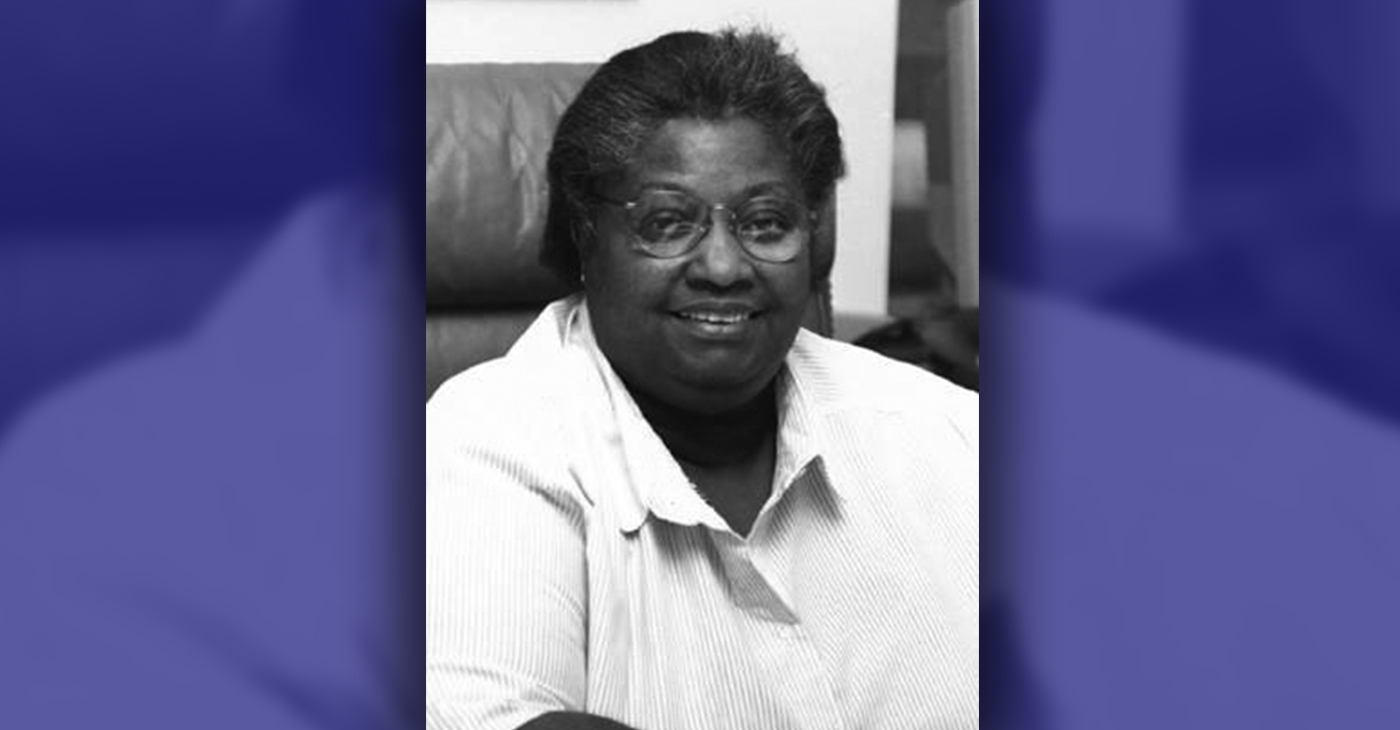Black History
Alexa Irene Canady: First Black Woman Neurosurgeon in U.S.
Some of Alexa Irene Canady’s advisors attempted to discourage her from following through on her plans. She experienced difficulties in obtaining an internship. But those roadblocks didn’t impede her dream. After graduating cum laude from medical school (1975), she joined Yale-New Haven Hospital in Bridgeport, Conn., as a surgical intern.

Activism
After Don Lemon’s Arrest, Black Officials Raise Concerns About Independent Black Media
Elected leaders joining the call included U.S. Rep. Sydney Kamlager-Dove (D-CA-37), Los Angeles County Supervisor Holly Mitchell (2nd District), Assemblymembers Tina McKinnor (D-Inglewood), Mike Gipson (D-Carson), and Sade Elhawary (D-Los Angeles), and State Sen. Lola Smallwood-Cuevas (D-Los Angeles). While the meeting was prompted by Lemon’s arrest, the discussion quickly moved beyond him, turning to growing concerns about the vulnerability of Black journalists covering protests and dissent.
Activism
Art of the African Diaspora Celebrates Legacy and Community at Richmond Art Center
Now in its 29th year, Art of the African Diaspora is the Bay Area’s longest-running exhibition of its kind. Its roots stretch back to 1989, when artist and educator Marie Johnson Calloway founded Colors of Black, a salon for African American artists. That gathering inspired artists Jan Hart-Schuyers and Rae Louise Hayward to establish The Art of Living Black at the Richmond Art Center in 1996.

Alameda County
Black History Events in the East Bay
What began as Negro History Week in 1926 by author and journalist Carter G. Woodson as a way to celebrate the achievements of African Americans, the observance is now a month-long event

-

 Activism4 weeks ago
Activism4 weeks agoProtecting California’s Black Moms and Babies: Policies and Programs Struggle to Fix Deep-Rooted Maternal Health Inequities
-

 Activism4 weeks ago
Activism4 weeks agoWhy Peace on Earth Begins with Birth, a Q&A with Midwife Nikki Helms
-

 #NNPA BlackPress4 weeks ago
#NNPA BlackPress4 weeks agoJefferson County (AL) Democrats Open Qualifying for 2026 Primary Elections
-

 #NNPA BlackPress4 weeks ago
#NNPA BlackPress4 weeks agoCOMMENTARY: With Gratitude and Praise for 2026
-

 #NNPA BlackPress4 weeks ago
#NNPA BlackPress4 weeks agoSkater Emmanuel Savary Sharpens Routines for the 2026 U.S. Championships
-

 #NNPA BlackPress4 weeks ago
#NNPA BlackPress4 weeks agoFrom Civil Rights to ICE Raids, Trump’s Unchecked Power Puts Every Community at Risk
-

 #NNPA BlackPress4 weeks ago
#NNPA BlackPress4 weeks agoFrom Civil Rights to ICE Raids, Trump’s Unchecked Power Puts Every Community at Risk
-

 #NNPA BlackPress3 weeks ago
#NNPA BlackPress3 weeks agoOP-ED: The Dream Cannot be Realized Without Financial Freedom





















































